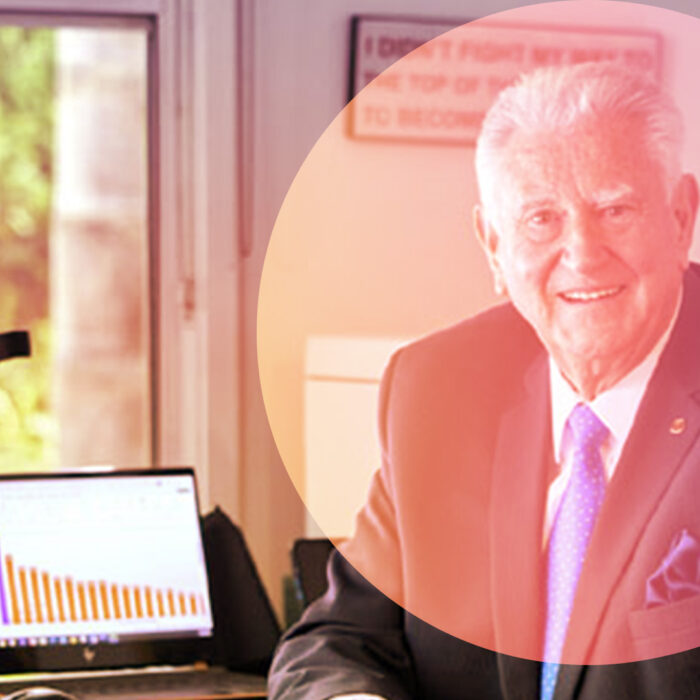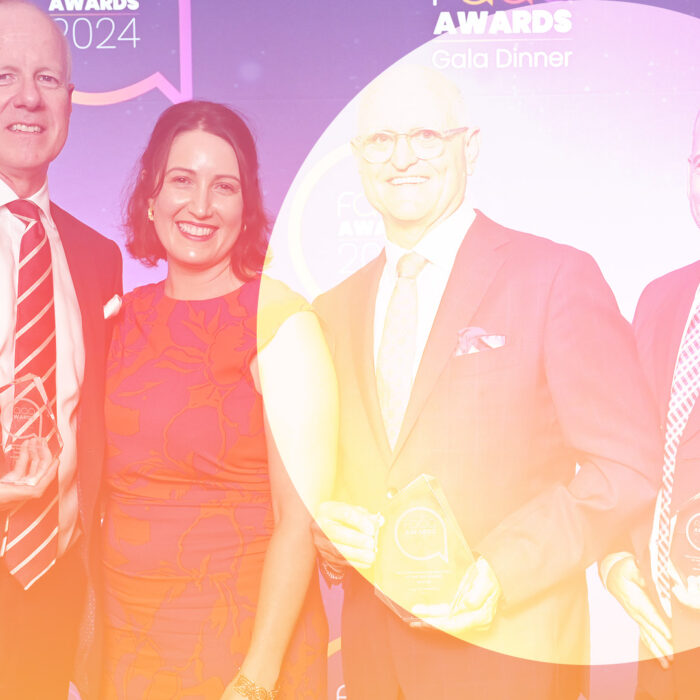As a profession, we’re all aware of the necessity for more financial planners in Australia.
Bringing new graduates into businesses to complete their professional year (PY) is the established pathway for advisers to boost the numbers of advisers to the profession but it’s not a guarantee.
To ensure graduates are successful in their PY, advice practices have needed to step up their processes and become skilled at running their training programs.
Be honest
When you bring on graduates they may be impatient to move up in the organisation – potentially expecting to move from client services to associate and then to planner in a short amount of time.
Expectations need to be provided by the practice on how long this may take, what they will need to have mastered to progress and how likely it is that there will be a position for them within your business at each of these stages.
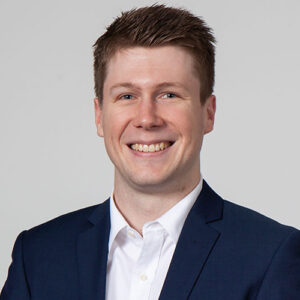 Jakob Ayres
Jakob Ayres
2024 Gen Next Rising Star of the Year winner, started at Apt Wealth Partners in late 2020 and became an adviser in October 2023.
2024 Gen Next Rising Star of the Year winner, started at Apt Wealth Partners in late 2020 and became an adviser in October 2023.
Jakob was studying Commerce/Law but after starting the degree decided he didn’t want to practice law. 20 years earlier, his sister had been unwell, which led to his decision to help people – medicine was not the way to go as he didn’t like blood and gore.
Instead, he focused on helping people with their finances, which he was always interested in. One of his mentors had pointed out that not all doctors have a good bedside manner and so Jakob decided he wanted to establish a good “bedside manner” when providing financial advice.
He says he now helps mum and dad investors, like his parents, who were teachers and earning average types of incomes.
While his parents had financial advisers and he was familiar with the profession, it was not a career that was broadly known and understood.
Only four people from his commerce course opted for the financial planning course, with the majority choosing accounting. Of the four, two have remained in the profession while the other two have left because their experience in advice practices saw them pigeon-holed without any defined career pathway laid out by their employers.
Things were very different for Jakob. From his first week in the team, it was clear what the progression opportunities were if he wanted them.
Walking into the Melbourne office of Apt Wealth Partners, it is clear the company is well regarded in the profession, as evidenced by the slew of awards on display at the entrance.
Setting up a process
Jakob works in an environment where each client has two advisers – who typically don’t take holidays at the same time – so that someone will always have a comprehensive understanding of their situation.
The advisers act like project managers to the client, calling in experts as needed – such as mortgage brokers, investment specialists and insurance brokers.
Apt Wealth Partners have brought on six PYs over three years; there are two team members currently completing the PY – one in Melbourne and one in Sydney.
PYs are hired for growth in the firm. “You have plenty of clients in your own right,” Jakob said. “There’s no concern about having a job in the future.”
And, after five years, Jakob is already a shareholder. “A bit of skin in the game is good for you,” he said.
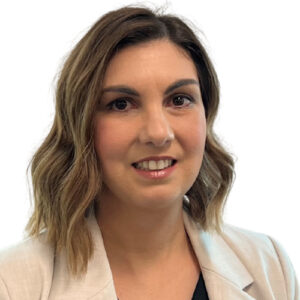 Bianca Musico CFP®
Bianca Musico CFP®
Winner of the FAAA CFP Professional of the Year Award in 2024, and partner at Warr Hunt, has spent a lot of time developing the PY pathways there.
She says it’s likely to change again soon, but says it’s been helpful in ensuring that there is a meeting of expectations between the practice and new hires.
There is a set progression:
Client Services > Associate > Associate Adviser > Financial Adviser > Senior Financial Adviser
Currently, Warr Hunt has three members in the client services team undertaking their PY. They are all graduates at different stages within the PY.
One has found he wants to focus on analytical work, and is keen to join an investment bank; the other two are looking to progress into financial advice.
Warr Hunt set up its practice in a diamond team structure with a senior adviser at the top, and then an associate and a client services member.
However, Bianca says this process needs tweaking. When someone leaves the company three’s a big gap when rapport has been built with clients.
It’s likely that to tweak the diamond, the and this will also help with workloads.
Set clear expectations
The training plans designed for the PY candidates are very detailed and provide not just the technical skills but also the soft skills to engage with clients.
Expectations are outlined for each step so that the new recruits are not expecting to be rushed through to becoming advisers before they are ready.
“A lot want to jump too fast and we need to rein them in,” Bianca said.
“If they follow the path, we know it will work; registration as an associate adviser is upon completion of six units of a minimum two years’ work.”
The professional year is usually around 18 months, Bianca said. The logging of hours can be tedious and a little excessive, but the practice uses tech to keep on top of it, she said.
Recruitment for Warr Hunt is mainly undertaken through a dedicated recruiter but the company website is always open to receiving expressions of interest through resumes.
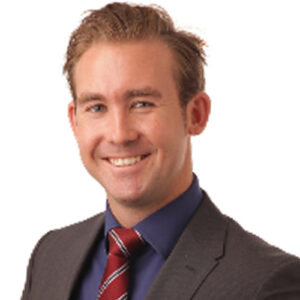 Mat Tenison
Mat Tenison
Principal adviser and director, TiK Financial Group, has spent 27 years in the industry and around 15 as an adviser.
He took on his first PY candidate, three years ago – and she started her PY a few months after that.
According to Mat, she took the role in his business with the intention of becoming an adviser and recently completed the PY. Prior to joining Mat’s practice, she worked in a financial planning office and had done some paraplanning work.
Part of the reason the PY took longer than anticipated was the type of clients Mat was putting in front of her as well as the effort it took to track the hours.
“The best thing you can be doing, which is part of the process anyway, is sitting in on meetings and really spending the time to talk through what was said through the meetings before and after,” Mat said.
“Giving the [PY candidate] consideration to things they should be thinking about before the meeting and then also giving feedback, critiquing where needed and also making sure there’s plenty of positive reinforcement.
“I think the big thing is focusing on the soft skills.”
It's about soft skills
Mat said he think doing a PY is great. “I was a paraplanner and an adviser but I had no training on soft skills and I went into meetings winging it. It took years of talking to other advisers and researchers to build my process,” he said.
“The most difficult part is how to follow a process and how to communicate with clients.
“As the supervisor, there were ways we tailored the process and ended up changing things to make sure it worked for both of us.”
Mat says he is keen to employ another staff member next year, ideally another PY candidate.
“I think about what the PY candidate has brought to the business – she took on more clients, and being involved in a lot of the meetings and doing a lot of the work from there has meant time has come back to me.”



